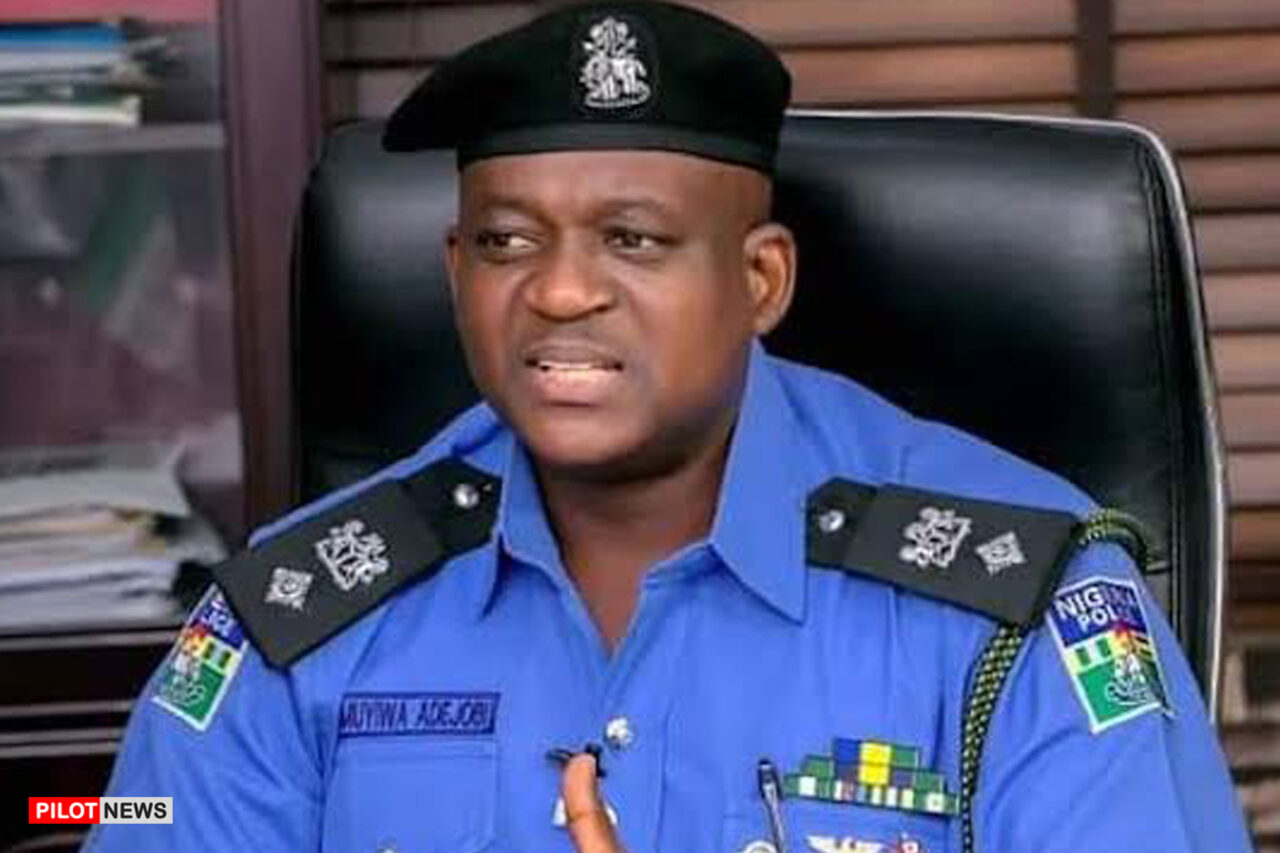The Nigeria Police Force has dismissed allegations by Amnesty International of excessive force and unlawful killings during the August 2024 #EndBadGovernance protests, describing the claims as “false, misleading, and sensational.”
In a press briefing at the Force Headquarters in Abuja, the Force Public Relations Officer, ACP Olumuyiwa Adejobi, criticised Amnesty International’s report, “Bloody August: Nigeria Government’s Violent Crackdown on #EndBadGovernance Protests“, for its alleged inaccuracies.
Amnesty International had accused the police of killing at least 24 people, including young adults and children, across six northern states during the protests.
“The claims made by Amnesty International in this report were at variance with the records available to the Nigeria Police. These allegations are not only false but appear aimed at inciting the public and tarnishing the image of the police,” Adejobi said.
He stated that following the report’s release, the Inspector-General of Police, Kayode Egbetokun, constituted a special investigation panel to independently verify the allegations. The panel’s findings, presented during the briefing, refuted Amnesty International’s claims.
Key Findings
In Borno State, the police disputed claims that three fuel attendants were killed by a grenade thrown from a police convoy. Adejobi clarified that the deaths resulted from an improvised explosive device planted at the filling station, not police action. “The Nigeria Police does not use explosive grenades in its operations,” he stressed.
In Niger State, Amnesty International alleged the shooting of three protesters in Suleja, a claim Adejobi dismissed as baseless. “There were no reports or records of police killings in Niger State during the protests,” he said.
In Kaduna, Amnesty’s claim of a killing on 1 October 2024 was countered by the police spokesperson, who clarified that there were no protests on that date. Instead, a military patrol incident in Zaria led to a fatality, which the Nigerian Army took full responsibility for.
Similar denials were issued for alleged incidents in Katsina, Jigawa, and Kano states. In Kano, the police acknowledged the deaths of 12 individuals during the protests but attributed these to mob violence and actions by property owners defending their premises.
Police Response to Amnesty International
The police accused Amnesty International of relying on unverified sources and failing to fact-check its claims.
“For an international agency to base its report on tabloid information is unethical,” Adejobi stated.
He added that the police adhered to international protocols for managing protests and used minimum force only when necessary.
The Nigeria Police also rejected allegations of targeting unarmed civilians or deploying live ammunition against protesters.
“The Force operates under the highest professional standards and remains committed to upholding human rights,” Adejobi said.
Amnesty International’s Allegations
In its 28th November report, Amnesty International alleged that security forces fired live ammunition and tear gas at peaceful protesters, resulting in fatalities and injuries.
The organisation also claimed that online activists supporting the protests were harassed, arrested, and tortured.
Isa Sanusi, Amnesty International’s Director in Nigeria, called for an independent investigation.
“The Nigerian authorities must end this cycle of impunity and ensure justice for victims and survivors,” he said.
Police’s Call for Retraction
The Nigeria Police Force announced plans to demand a public apology and retraction from Amnesty International, insisting the report was damaging and untrue.
“The Nigeria Police Force will in due time be writing the Amnesty International to demand for a retraction of this report from the public space and with a public apology,” Adejobi said.
He urged the public to disregard “sensational reports designed to incite mistrust in law enforcement.”
- PDP Says Presidential Ticket Open to Jonathan, Other Southern Aspirants - January 22, 2026
- Police Confirm Kidnapping of 177 Kaduna Christians After Initial Denial - January 22, 2026
- Emir Sanusi II Returns to School As a 200-Level Law Student - January 21, 2026


